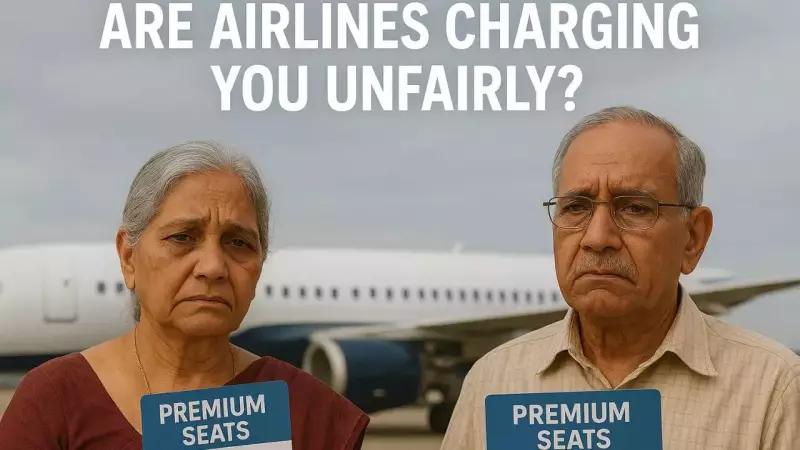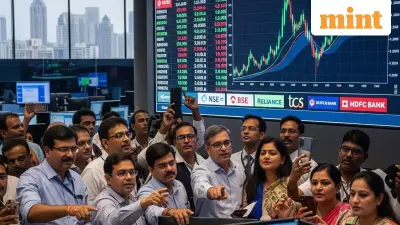
In a landmark decision that could reshape air travel in India, an elderly couple has emerged victorious against an airline that charged them for premium seats when regular ones were freely available. This case sets a crucial precedent for millions of Indian travelers who've faced similar pressure tactics at check-in counters.
The Unfair Practice Exposed
The incident began when the senior citizens, during their online check-in, found themselves being directed exclusively toward paid premium seats. The airline's system presented these as the only available options, despite the aircraft having numerous standard seats that should have been offered at no extra cost.
Feeling cornered and with limited technical expertise to navigate the complex interface, the couple reluctantly paid the additional fees. However, their consumer instincts kicked in post-flight when they discovered the deception - the airline had systematically blocked access to free seats to generate extra revenue.
The Legal Battle and Victory
The determined couple filed a formal complaint with the appropriate consumer forum, arguing that the airline engaged in unfair trade practices. Their case highlighted how airlines are increasingly using digital interfaces to manipulate passengers into paying for services that should be complimentary.
The ruling came down strongly in favor of the consumers. The forum ordered the airline to refund the entire amount charged for the premium seats along with additional compensation for the mental harassment and litigation costs incurred by the couple.
What This Means for Indian Travelers
This judgment establishes several critical protections for air passengers:
- Transparency Mandate: Airlines must clearly display all available seating options, including free standard seats
- No Forced Upgrades: Passengers cannot be compelled to pay for premium seats when economical alternatives exist
- Digital Responsibility: Airlines are accountable for their online check-in systems and cannot hide behind technical complexity
- Consumer Empowerment: Travelers now have legal precedent to challenge such unfair practices
Protecting Vulnerable Passengers
The case particularly emphasizes the vulnerability of elderly travelers and those less familiar with digital platforms. The ruling acknowledges that airlines have a responsibility to ensure their systems don't exploit technological barriers to extract additional payments.
"This judgment serves as a wake-up call for the aviation industry," says a consumer rights expert. "Airlines can no longer use their digital infrastructure as a tool for hidden revenue generation at the expense of passenger rights."
Your Rights as an Air Passenger
Following this ruling, passengers should remember:
- You have the right to free standard seats if available
- Airlines must provide clear access to all seating categories during check-in
- If forced to pay for premium seats unnecessarily, you can seek compensation
- Document your check-in process and keep receipts for potential complaints
The case represents a significant step toward fairer air travel practices in India, ensuring that technological advancement doesn't come at the cost of consumer exploitation.





